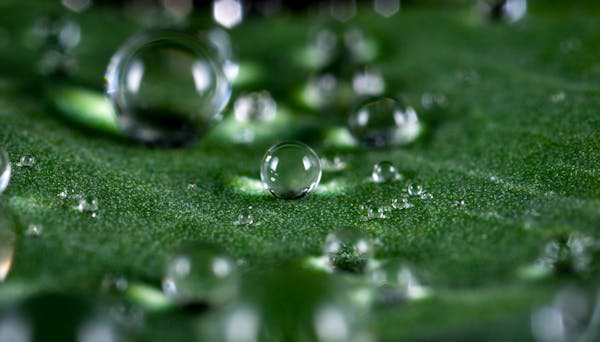Arbutin is a glycosylated hydroquinone, a naturally occurring compound found in various plants, including bearberry (Arctostaphylos uva-ursi), blueberry, cranberry, and pear skins. It is a derivative of hydroquinone, a well-known skin-lightening agent, but arbutin is considered to be a safer alternative because it releases hydroquinone slowly in the skin, reducing the risk of irritation and side effects.
Functions
- Lighten Hyperpigmentation: Arbutin is commonly used to reduce dark spots, freckles, age spots, and post-inflammatory hyperpigmentation caused by acne or other skin injuries.
- Even Out Skin Tone: It helps in achieving a more uniform complexion by preventing and reducing areas of hyperpigmentation.
- Brighten the Skin: Regular use of arbutin can lead to a brighter and more radiant appearance by minimizing the intensity of dark spots and dull areas on the skin.
- Anti-Aging Effects: By lightening hyperpigmented areas, arbutin can contribute to a more youthful appearance, reducing the visibility of age spots and uneven skin tone.
Suitability:
- Sensitive Skin: Unlike hydroquinone, arbutin is less irritating and is well-tolerated by sensitive skin, making it a safer option for those prone to irritation.
- Hyperpigmented Skin: Individuals with melasma, sunspots, or other forms of hyperpigmentation will benefit most from arbutin, as it directly targets and reduces these issues.
- Acne-Prone Skin: Arbutin can help reduce post-inflammatory hyperpigmentation, which is common in people with acne-prone skin.
- Aging Skin: Those dealing with age spots and uneven skin tone as a result of aging may find arbutin helpful in maintaining a more even complexion.











